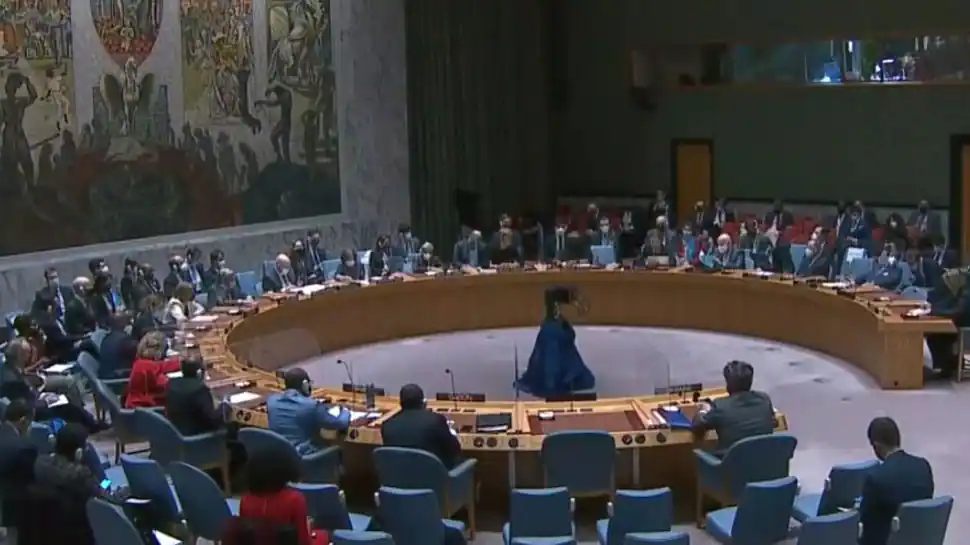 Stress in the MSME sector may have a cascading effect on the Indian economy and hence a dynamic insolvency resolution framework is imperative in the context of MSMEs.
Stress in the MSME sector may have a cascading effect on the Indian economy and hence a dynamic insolvency resolution framework is imperative in the context of MSMEs.By Madhav Kanoria
The Insolvency and Bankruptcy Code, 2016 (IBC) introduced a creditor-in-control, resolution professional-managed insolvency regime for Indian companies. Importantly, the IBC process as a general rule excludes the promoters of any entity in IBC from retaining control of the company or regaining control of the company through the IBC process. This fundamentally changed the equation between promoters and creditors, bringing about a paradigm shift in the insolvency resolution process in India. Since its inception, large legacy NPAs have been resolved under the IBC.
While the IBC initially only permitted creditors to proceed against corporate debtors or companies, the provisions allowing creditors to proceed against personal guarantors for corporate debtors became effective on and from December 1, 2019. Several creditors-initiated insolvency proceedings against personal guarantors. Multiple proceedings were also instituted before different High Courts to challenge the notification extending the IBC provisions to the personal guarantors. All of these were transferred to the Supreme Court as they involved interpretation of common questions of law pertaining to provisions of IBC. The Supreme Court, in its judgment of May 21, 2021, in Lalit Kumar Jain vs. Union of India, upheld the constitutionality of the notification extending the IBC provisions to personal guarantors.
Grounds for Challenge
The primary ground for the challenge of the IBC extension to personal guarantors was that it selectively made the IBC effective for only one category of individuals (i.e. personal guarantors) without making it effective for individual debtors generally. The Supreme Court held that this was not discriminatory, since personal guarantors have an “intrinsic connection” to corporate debtors. The process for debt resolution should be before a common authority, being the National Company Law Tribunal or NCLT. Any other mechanism would give rise to uncertainty of outcome for the creditors. By having a common adjudicatory authority, the creditors would also be able to approve realistic resolution plans, keeping in mind the prospect of realizing some part of the creditors’ dues from personal guarantors.
Personal guarantors argued that once a resolution plan for a corporate debtor is approved, their guarantee is automatically discharged under the law. They also contended that creditors would have an opportunity to unjustly enrich themselves by recovering amounts from the corporate debtor as well as the guarantors. Disagreeing with their contentions, the Supreme Court held that the discharge of a corporate debtor’s liabilities by an involuntary process of law (such as insolvency/liquidation) does not discharge a guarantor of their liability, which arises out of an independent contract.
Subscribe to Financial Express SME newsletter now: Your weekly dose of news, views, and updates from the world of micro, small, and medium enterprises
This judgment is a significant milestone in the field of insolvency laws. It will help in ensuring a comprehensive resolution of the corporate debtor and all its liabilities through a consolidated form of insolvency resolution/ bankruptcy of the corporate debtor along with the personal guarantor. The judgment also puts to rest contentions raised by guarantors as well in multiple proceedings under the IBC regarding their liabilities after completion of a resolution proceeding under IBC.
Implications on Resolution of MSMEs
Micro, Small, and Medium Enterprises (MSMEs) are the bedrock of the Indian economy. The Indian MSME sector contributes about 29 per cent to the GDP. Stress in the MSME sector may have a cascading effect on the Indian economy and hence a dynamic insolvency resolution framework is imperative in the context of MSMEs. A distinctive feature of credit extended to MSMEs is that it is often backed by personal guarantees provided by promoters.
Parliament has recognized the peculiarities of MSMEs in the IBC process. The pre-packaged insolvency resolution process for MSMEs (or “pre-packs”) have also been introduced for dealing effectively with stressed assets in the MSME sector. The underlying premise of these modifications is that there is merit in permitting existing promoters to participate in the resolution process for MSMEs.
The Supreme Court has now clarified that the liability of personal guarantors will continue to survive even after the approval of a resolution plan. For existing cases, this will encourage promoters of MSMEs to find a resolution that is acceptable to the creditors and at the same time, prevent them from being subject to insolvency proceedings, which may have social and business ramifications. Going forward, since the default of the MSME could lead to insolvency of the promoter, MSME promoters will calibrate leverage to assets and cash flow of the company. Promoters will be conscious that guarantee obligations can be enforced and may result in insolvency and accordingly, will not assume commitments that cannot be honoured. This judgment will also encourage the promoters to use the pre-pack regime for MSMEs to find resolutions acceptable to the creditors and strengthen credit discipline across the debt market.
Madhav Kanoria is the Partner at the law firm Cyril Amarchand Mangaldas. Views expressed are the author’s own.
Get live Stock Prices from BSE, NSE, US Market and latest NAV, portfolio of Mutual Funds, Check out latest IPO News, Best Performing IPOs, calculate your tax by Income Tax Calculator, know market’s Top Gainers, Top Losers & Best Equity Funds. Like us on Facebook and follow us on Twitter.
![]() Financial Express is now on Telegram. Click here to join our channel and stay updated with the latest Biz news and updates.
Financial Express is now on Telegram. Click here to join our channel and stay updated with the latest Biz news and updates.













